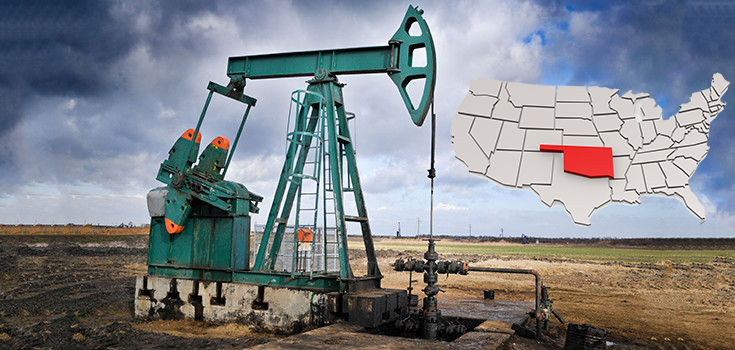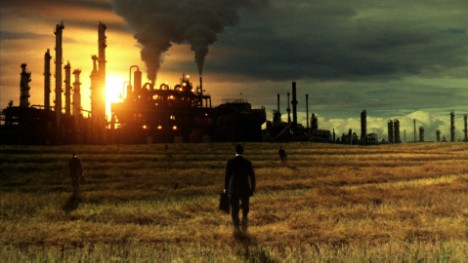Why the surging US debt should have you prepping for a fiscal crisis

CNBC
The U.S. national debt is on pace to rise to record levels vs. the U.S. economy, its only precedent being the debt levels reached in World War II, according to a new report from the Congressional Budget Office. However, the government paid off much of that debt in the middle of the last century and the U.S. saw its most economically prosperous years in the ensuing decades, whereas the current debt has been neglected, morphing into a festering wound.
While interest rates are unlikely to rise significantly in the near future, they could see a dramatic spike in the long term. According to the Congressional Budget Office, the rise in national debt will stagnate economic growth within 10 years.
A stagnant economy could retroactively drain government revenue and back the government into a corner of perpetual borrowing. Tapered spending or increased taxes could help us dodge a catastrophic economic meltdown. The CBO's report adopted common conservative arguments, warning that financial aid to the poor leaves them with no incentive to join the workforce while entitlement spending as a whole continues to depress the economy.
Although we should see slight improvement over the next couple of years as we climb out of the crater-sized hole George W. Bush left in his wake, things look much worse over the long haul. The CBO blames the bleak long-term economic outlook on large deficits that occurred under Obama's stimulus, as well as the many Americans leaving the labor force and taking refuge under the government's umbrella instead of making their own. The retirement of the baby boomers and the lack of motivation in the workforce will also hike up the debt burden by causing future deficits. The CBO believes that we'll see deficits as high as $1 trillion by 2025.
The CBO can make projections, but not even it knows for certain how high the debt can get before an economic meltdown ensues. However, there will come a time when investors lose trust in the United States' ability to pay back it's loans and will be forced to raise the interest rates they charge on them.

Interest rates are projected stay at very low levels for the foreseeable future. But when they increase, it will greatly effect federal spending. U.S. interest payments are expected to more than double in the coming decade, jumping from 1.3% of GDP to 3% of GDP. These seemingly small deviations in percentage points appear harmless, but they could have a dramatic effect on federal debt many years down the road. It's time for our government, and, more importantly, its people, to stop ignoring these numbers and display prudence in financial behavior.
With a Congress that refuses to tighten the lid on spending despite an unprecedentedly high national debt, it shouldn't come as a great shock if the debt continues to mount. It may require a fiscal catastrophe--per usual--to bring Washington down from cloud nine. It is imperative that you sleep with one eye open on your spending and saving habits, because taxes could see a spike parallel to that of our nation's debt.



